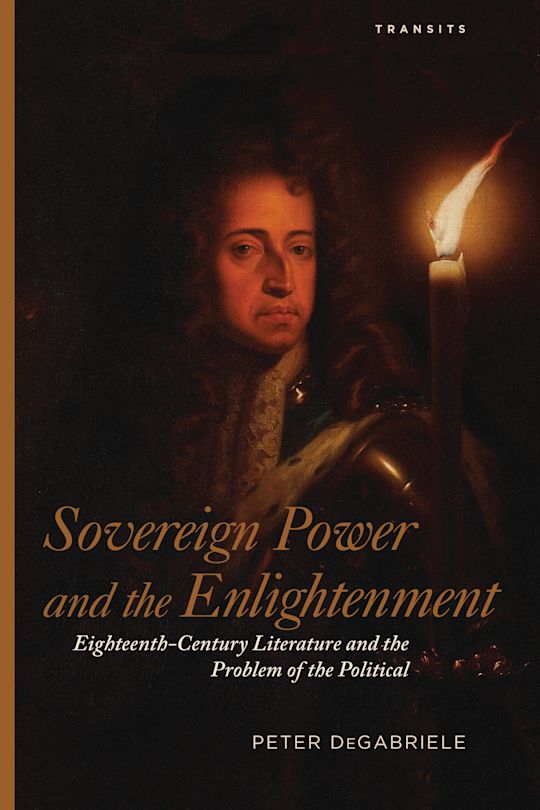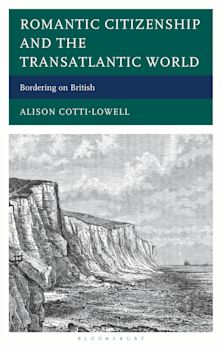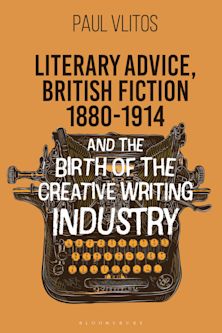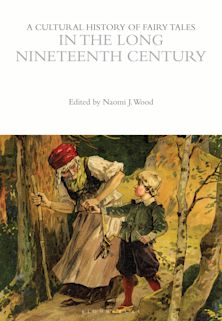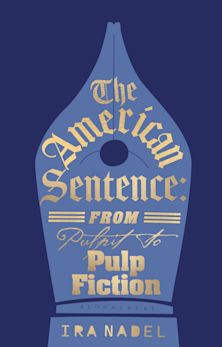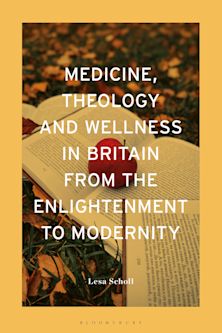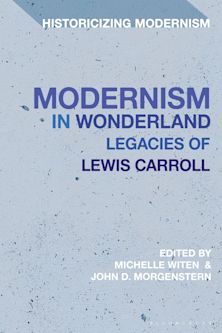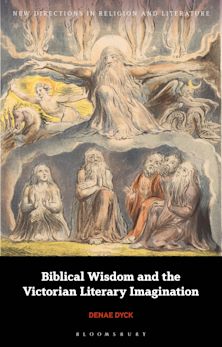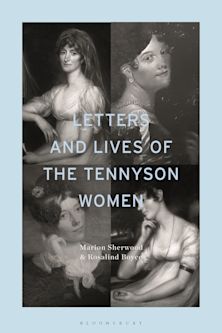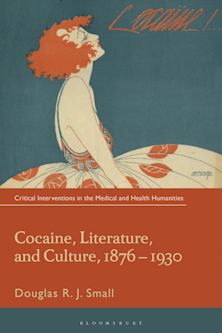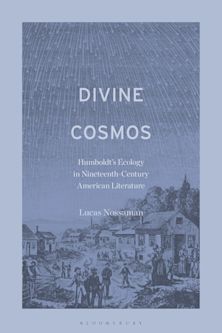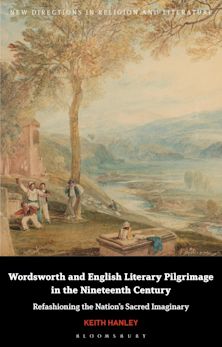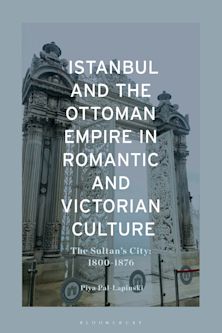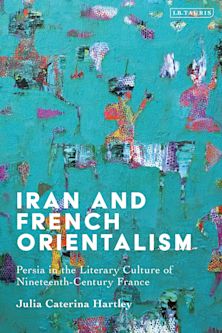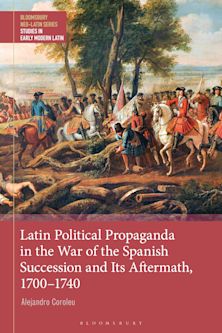- Home
- ACADEMIC
- Literary Studies
- Eighteenth- and Nineteenth-Century Literature
- Sovereign Power and the Enlightenment
Sovereign Power and the Enlightenment
Eighteenth-Century Literature and the Problem of the Political
Sovereign Power and the Enlightenment
Eighteenth-Century Literature and the Problem of the Political
You must sign in to add this item to your wishlist. Please sign in or create an account
Description
Sovereign Power and the Enlightenment examines the role of the novelists and historians of the eighteenth century in developing a vision of political modernity that questions traditional narratives about the rise of liberalism and the decline of sovereign power. It provides a new way to link the literature and philosophy of the eighteenth century with the meditations on violence and sovereignty that have preoccupied much of the political philosophy of the first years of the twenty first century. Focusing on the novelists Daniel Defoe, Samuel Richardson, and Ann Radcliffe, and on the historians David Hume and Edward Gibbon, DeGabriele shows how these authors use the resources of their respective genres to expose the persistence of sovereign violence and to outline a type of political subject who could resist the violence more effectively than the individual beloved of modern liberalism.
Table of Contents
Introduction: Novel Subjects, Sovereignty, and the Law
1 Intimacy, Survival, Resistance: Daniel Defoe’s A Journal of the Plague Year
2 Body, Consent, Survival: Samuel Richardson’s Clarissa, or, A History of a Young Lady
3 Sovereign Politeness: David Hume’s History of England
4 Sovereign Domesticity: Edward Gibbon’s The History of the Decline and Fall of the Roman Empire
5 The Witness and the Law: Ann Radcliffe’s The Italian
Epilogue: The Novel and Political Modernity: Beyond Liberalism
Notes
Bibliography
Index
About the Author
Product details
| Published | Jul 16 2015 |
|---|---|
| Format | Ebook (Epub & Mobi) |
| Edition | 1st |
| Extent | 216 |
| ISBN | 9781611486971 |
| Imprint | Bucknell University Press |
| Series | Transits: Literature, Thought & Culture, 1650–1850 |
| Publisher | Bloomsbury Publishing |
About the contributors
Reviews
-
Fluently wielding critical approaches drawn from Robert Esposito, Giorgio Agamben, Jacques Derrida, and Hannah Arendt (among others), DeGabriele engages closely with the novel as well as historical narratives.... Such a challenging and sophisticated book... remarkable and illuminating monograph.
Eighteenth-Century Fiction









